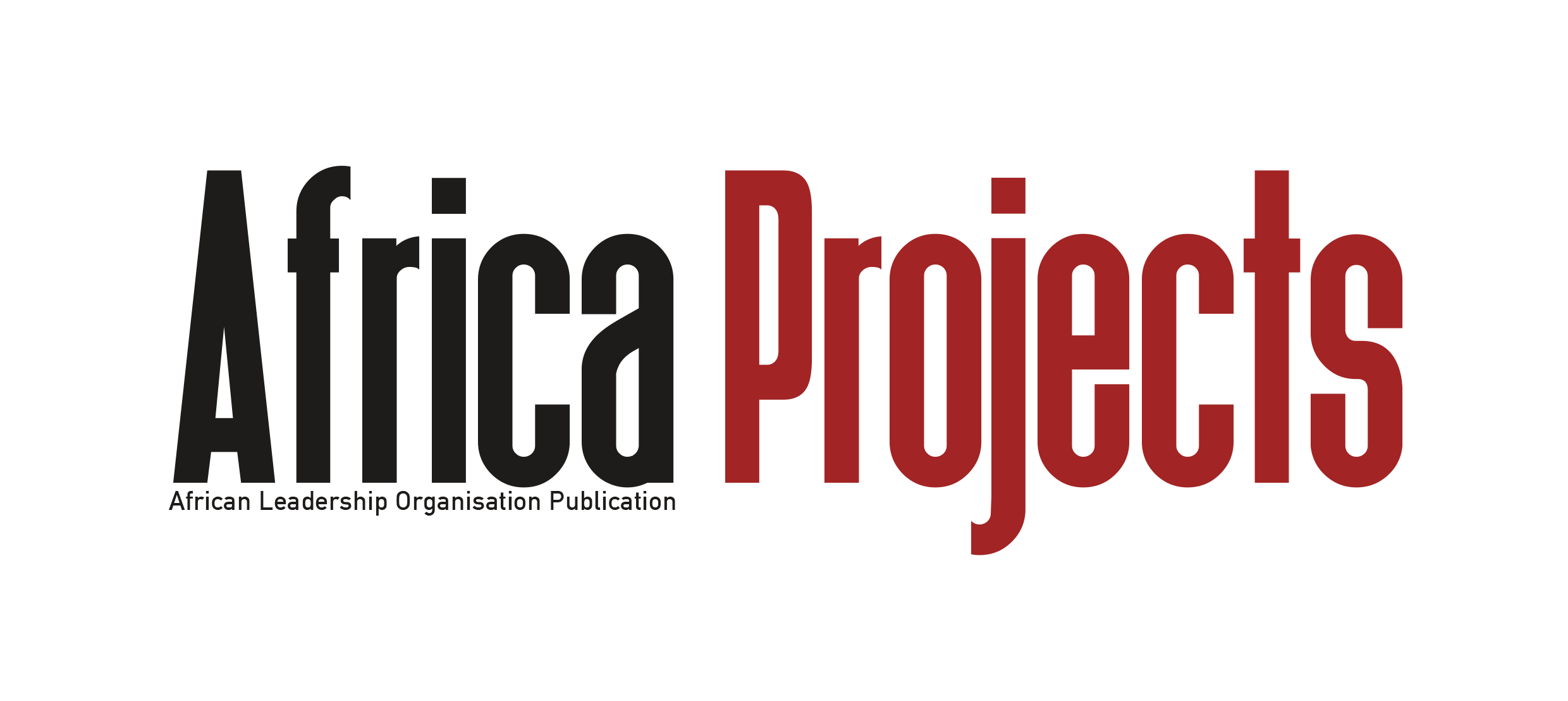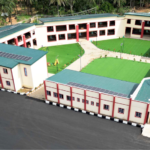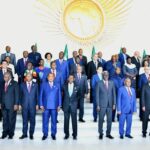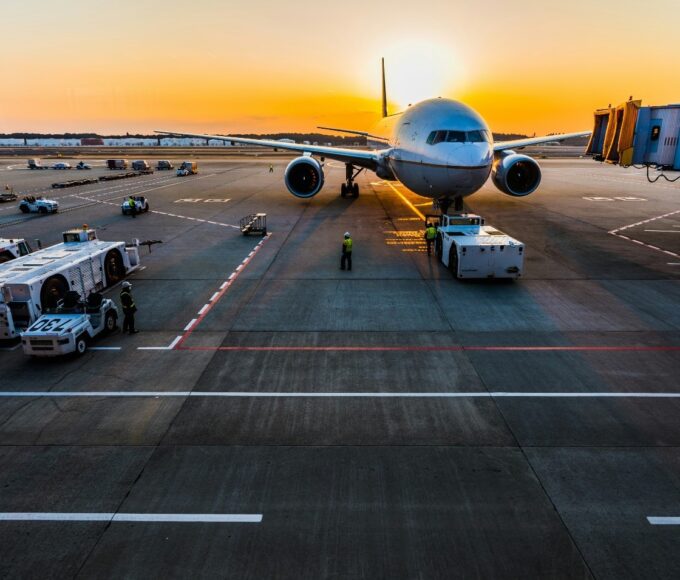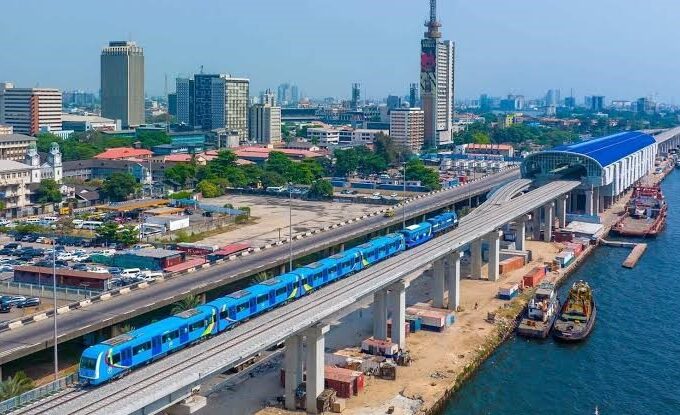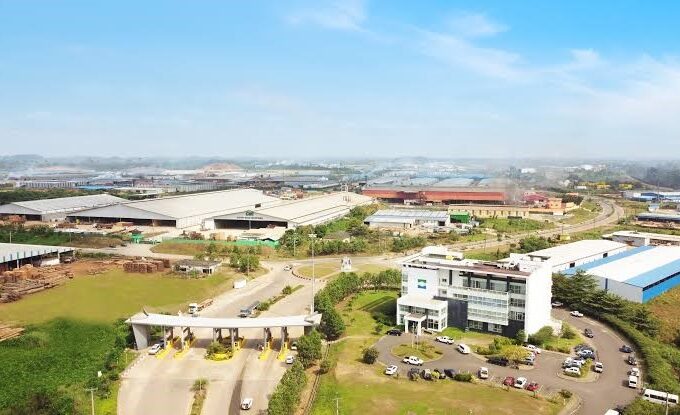- Home
- Features
- Startup Zone
- Projects
- Policies
- Shop
- Policies
- Projects
- Startup Zone
- Country Spotlight
- Analysis
- Tech
- Policies
- Projects
- Startup Zone
- Country Spotlight
- Analysis
- More
- Beyond the Kalashnikov: Africa’s Shift Toward Technology-Driven Warfare
- Afrail Express: Uniting a Continent on Rails
- AFRICA’S ENERGY CORRIDORS: CONNECTING POWER, PEOPLE, AND PROSPERITY
- Startup Lions Campus: Empowering Kenya’s Digital Generation
- L’Art de Vivre’s Le Paradis de Mahdia: Tunisia’s Model for Sustainable Luxury
- The Lobito Corridor: Rewiring Africa’s Trade Arteries Through Strategic Infrastructure
- AFRICA’S GREEN ENERGY TRANSITION: A BEACON OF HOPE FOR CLIMATE ACTION
- Dangote Refinery: Showcasing Africa’s Project Success Story
- AFRICA GREEN ECONOMY: ALL YOU NEED TO KNOW
- The Most Important Amicus Brief in the History of the World
- The Rise of Indigenous UAVs: Africa’s Drone Capabilities in Warfare and Surveillance
- AFRICA’S LARGEST OIL PRODUCERS: A COMPREHENSIVE OVERVIEW
- Beyond the Kalashnikov: Africa’s Shift Toward Technology-Driven Warfare
- Afrail Express: Uniting a Continent on Rails
- AFRICA’S ENERGY CORRIDORS: CONNECTING POWER, PEOPLE, AND PROSPERITY
- Startup Lions Campus: Empowering Kenya’s Digital Generation
- L’Art de Vivre’s Le Paradis de Mahdia: Tunisia’s Model for Sustainable Luxury
- The Lobito Corridor: Rewiring Africa’s Trade Arteries Through Strategic Infrastructure
- AFRICA’S GREEN ENERGY TRANSITION: A BEACON OF HOPE FOR CLIMATE ACTION
- Dangote Refinery: Showcasing Africa’s Project Success Story
- AFRICA GREEN ECONOMY: ALL YOU NEED TO KNOW
- The Most Important Amicus Brief in the History of the World
- The Rise of Indigenous UAVs: Africa’s Drone Capabilities in Warfare and Surveillance
- AFRICA’S LARGEST OIL PRODUCERS: A COMPREHENSIVE OVERVIEW
- Beyond the Kalashnikov: Africa’s Shift Toward Technology-Driven Warfare
- Afrail Express: Uniting a Continent on Rails
- AFRICA’S ENERGY CORRIDORS: CONNECTING POWER, PEOPLE, AND PROSPERITY
- Startup Lions Campus: Empowering Kenya’s Digital Generation
- L’Art de Vivre’s Le Paradis de Mahdia: Tunisia’s Model for Sustainable Luxury
- The Lobito Corridor: Rewiring Africa’s Trade Arteries Through Strategic Infrastructure
- Startup Zone
Top Insights
Startup Lions Campus: Empowering Kenya’s Digital Generation
Since April 2023, Sudan has been locked in a devastating power struggle between the SAF, under Burhan’s command, and the RSF led by General Mohamed Hamdan Dagalo (Hemedti).
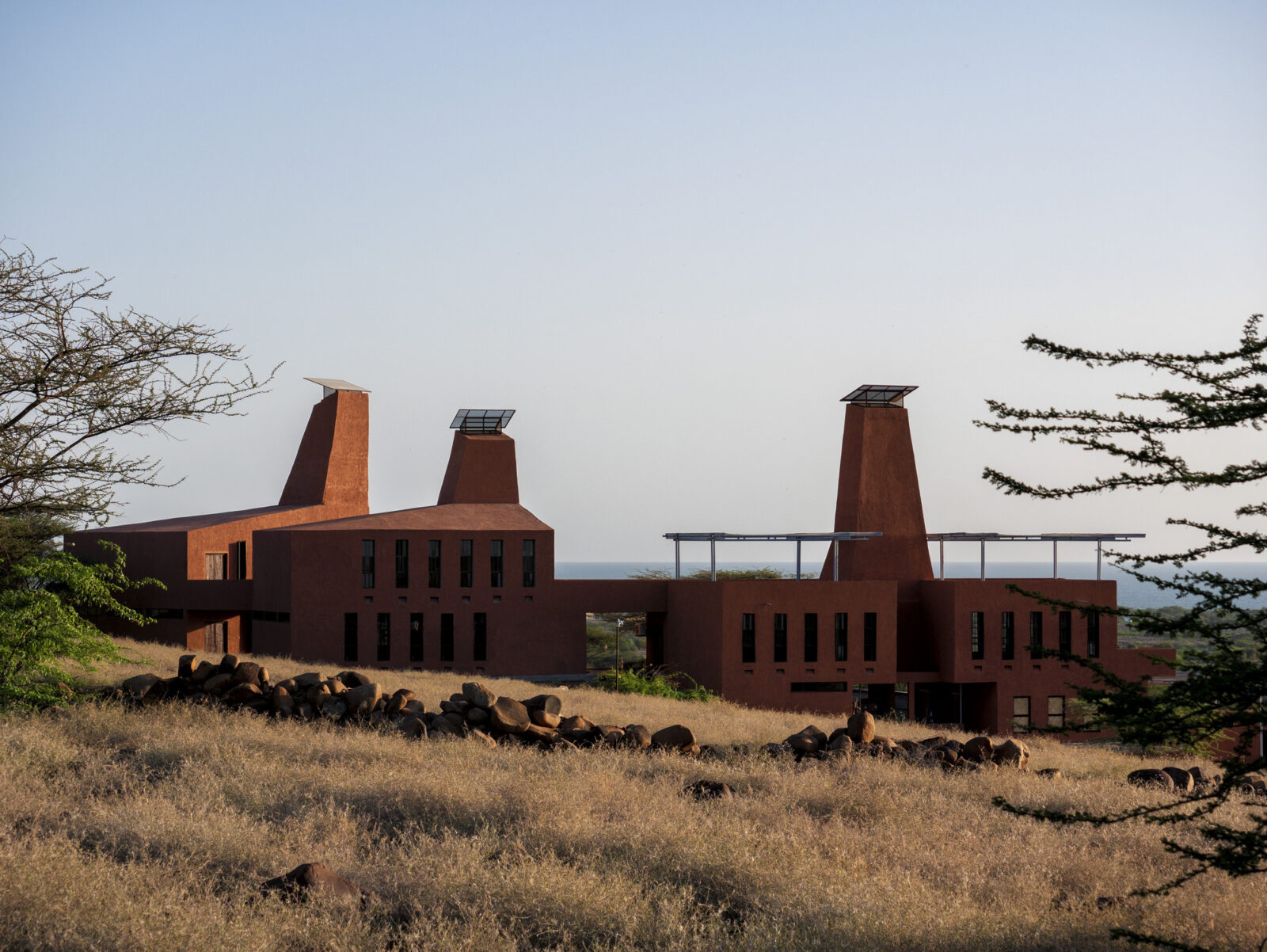
In a nation gripped by turbulence and uncertainty, the Sudanese Armed Forces (SAF) remain both a symbol of sovereignty and a central player in a prolonged and bitter national conflict. Ranked 76th globally in the 2024 Global Firepower Index with a PowerIndex score of 1.4119, Sudan’s military continues to bear the dual burden of defending national integrity and contending with the internal fractures that threaten to dissolve it. At the apex of this volatile equation stands General Abdel Fattah al-Burhan, Commander-in-Chief of the SAF—a figure as politically pivotal as he is militarily entrenched.
Sudan’s military legacy is steeped in decades of internal conflict, coups, and civil unrest. From the Darfur crisis to the South Sudan secession and now the ongoing battle with the Rapid Support Forces (RSF), the SAF has evolved into both a political actor and combatant force. As of 2024, the SAF is estimated to comprise around 300,000 personnel, a notable increase from the 109,300 figure reported in 2011—growth spurred by escalating internal strife and the need to reinforce fractured frontlines.
The economic backdrop is no less severe. While Sudan’s military expenditure peaked at $4.38 billion in 2017, representing 3.29% of its GDP, a sharp decline followed. By 2021, defence spending had dropped to approximately $0.38 billion, or just 0.92% of GDP. The renewed conflict since April 2023 has forced the state to divert increasingly limited resources toward military operations, worsening hyperinflation and further destabilising an already fragile economy.
A veteran infantry officer and graduate of Sudan’s Military Academy, General Abdel Fattah al-Burhan’s military career is rooted in battlefield command—particularly in the long-running conflicts in Darfur and South Kordofan. His rise to national prominence came in 2019, when he led the military coup that ousted President Omar al-Bashir, eventually becoming Chairman of the Transitional Sovereignty Council.
Initially seen as a stabilising figure in a transitional government, Burhan’s military-political entanglement deepened as efforts at civilian rule faltered. His leadership since 2021 has been marked by both consolidation of military authority and growing opposition from civilian groups and armed rivals.
Since April 2023, Sudan has been locked in a devastating power struggle between the SAF, under Burhan’s command, and the RSF led by General Mohamed Hamdan Dagalo (Hemedti). What began as a rivalry between former allies has evolved into a nationwide armed conflict, reducing parts of Khartoum, Omdurman, and Darfur to rubble and displacing millions.
Under Burhan’s leadership, the SAF has relied heavily on airpower, artillery, and loyalist militias to contain RSF advances. Despite manpower advantages, the conflict has exposed weaknesses in logistics, coordination, and urban warfare capacity. Nevertheless, Burhan remains the central figure directing Sudan’s military response, diplomatic positioning, and survival strategy.
Burhan’s command extends beyond the battlefield. Amid the war, he has sought support from regional allies, including Egypt and the UAE, while attempting to re-engage the African Union and IGAD as diplomatic mediators. The war has fractured Sudan’s international alliances and eroded humanitarian access, prompting calls for ceasefires that have largely gone unheeded.
His balancing act—military consolidation on one hand, and international negotiation on the other—reflects a leader operating under siege, seeking legitimacy at home and abroad in equal measure.
General Abdel Fattah al-Burhan’s tenure is marked by the fusion of command and crisis. He presides over a military navigating a multi-front war, an economy in collapse, and a nation on the verge of humanitarian catastrophe. Yet, his command continues—unrelenting, controversial, and entrenched.
As the battle for Sudan drags on, Burhan remains both a symbol of continuity and a figure at the centre of deep national division. His legacy will likely hinge on whether the SAF can stabilise Sudan—or whether its entanglement in politics and conflict will deepen the country’s descent.
In the words of a Sudanese conflict analyst:
“General Burhan doesn’t just command the army—he carries the fate of a fractured state on his shoulders.”
Recent Posts
Related Articles
Airports in Transformation: Ethiopia’s Vision for Bole
Ethiopia is charting an ambitious course to elevate its status as Africa’s...
ByafricaprojectAugust 13, 2025Women in South African Construction: Progress and the Road to Equality Ahead of Women’s Day 2025
As South Africa approaches National Women’s Day on August 9, 2025, there’s...
Byadmag_adminJune 12, 2025TOP 5 MEGA CITIES IN AFRICA
Africa is home to some of the fastest-growing cities in the world....
Byadmag_adminJune 12, 2025From Vision To Value: How Africa’s Special Economic Zones Are Powering Industrialisation
The signs of an industrial revolution, driven by the strategic development of...
Byadmag_adminJune 11, 2025